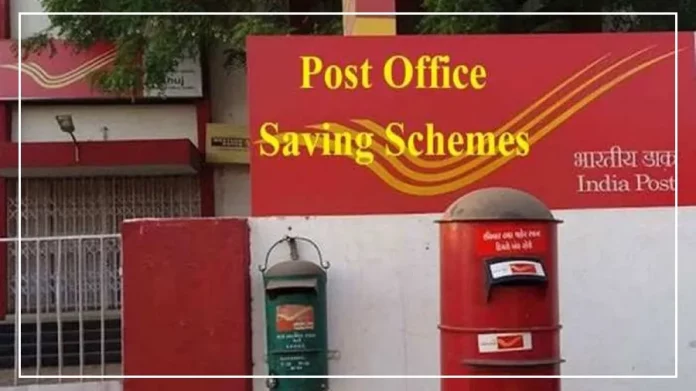When it comes to saving taxes while earning returns on your investments, Tax Saving FDs and Post Office Time Deposits (POTD) are popular choices.
Let’s delve into a detailed comparison to help you make an informed decision:
Tax Saving FD:
Tax Benefit: Allows tax savings under Section 80C of the Income Tax Act, 1961, with a maximum deduction of Rs 1.50 lakh.
Lock-in Period: Requires a lock-in period of 5 years, during which premature withdrawal is not permitted.
Interest Rates: Offered by banks range from 5.5% to 7.75%.
Example Interest Rates:
State Bank of India (SBI): 6.50%
HDFC Bank and ICICI Bank: 7%
DCB Bank: 7.75%
IndusInd Bank: 7.25%
Withdrawal Restrictions: No withdrawal allowed before the lock-in period.
Post Office Time Deposit (POTD):
Tax Benefit: Offers tax benefits under Section 80C of the Income Tax Act, 1961.
Deposit Options: Available for one, two, three, or five years.
Premature Withdrawal: Allows withdrawal after six months from the deposit date, with a penalty.
Interest Rate: Fixed at 7.5% for the April-June 2024 quarter.
Investment Amount: Minimum investment of Rs 1,000, with multiples of Rs 100.
Comparison:
Tax Benefit: Both Tax Saving FDs and POTD offer tax benefits under Section 80C.
Interest Rates: While Tax Saving FDs offer variable interest rates ranging from 5.5% to 7.75%, POTD provides a fixed interest rate of 7.5% for the specified quarter.
Flexibility: POTD allows premature withdrawal with a penalty, providing more flexibility compared to Tax Saving FDs, which have a strict lock-in period.
Investment Options: POTD offers flexibility in choosing deposit durations, ranging from one to five years, whereas Tax Saving FDs typically have a fixed 5-year lock-in period.
